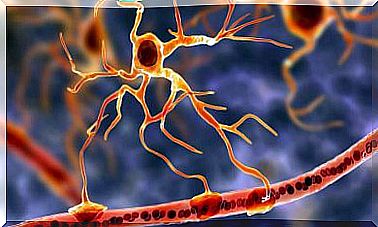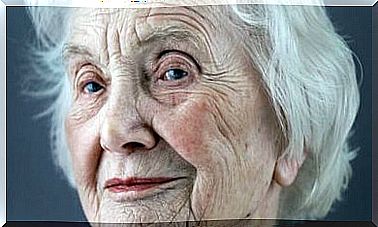The Psychology Of A Good Leader

Any work group must be led by a good leader if the aim is to thrive, achieve goals and work in a pleasant environment. This person must be characterized by a series of very demanding qualities that should distinguish him within the group . The leader must be able to empathize with the workers under his command, organize tasks and work time well, and guide his colleagues.
The importance of a good leader’s psychology often centers on good intellectual and communicative attributes. Furthermore, it is essential to pay attention to a series of personal traits that should not be missing and that, if not present in your life, can be learned.
Let’s review what are the main characteristics that should be present in a good leader, as well as the personality that should define him. We will delve into this subject below.
Main characteristics of a good leader
1. Communicative Skills
First, a leader must know how to operate in two directions:
- You must be able to express your ideas clearly and ensure that this information is received correctly by the people under your command.
- They must know how to listen and take into account the opinions and possible complaints of their colleagues and subordinates, in order to have a better knowledge of the work environment and seek to improve it as much as possible.

2. Emotional intelligence
Emotional intelligence is the ability to deal with emotions and feelings, both your own and others. Furthermore, it takes into account the ability to discern such feelings and to use this information to match it with accurate and appropriate actions.
A good leader must know how to manage his emotions and those of his colleagues in order to better understand the repercussions of his decisions. American psychologist Daniel Goleman points out five main elements of emotional intelligence in leadership:
- Self-awareness.
- Self-regulation.
- Motivation
- Empathy.
- Social skills.
The better a leader manages each of these areas, the better his emotional intelligence will be.
3. Ability to clearly define goals and objectives
One of the main difficulties that a work group can have is not finding a clear definition of its objectives. This can pose significant problems for its members, as well as lead to situations of stress and emotional fatigue.
The leader must be able to clearly establish workgroup goals and ensure that all team members are aware of them. In this way, it will be possible to prevent the work from being fruitless for not knowing which direction to take.
4. Planning capacity
As a complementary skill to the previous one, a good leader must be able to adequately plan the project that his work team is dedicated to. In this way, objectives can be pursued more clearly, colleagues will have a better defined line of action and will be able to adequately and correctly measure working times, especially if it is necessary to adapt to a delivery date.
5. Assistance to colleagues
A good leader must help all employees under his command to develop correctly, progress and be able to solve professional problems properly . The leader must be seen as a support, not an authoritative figure.

6. Innovation
A very attractive ability in a leader is being able to innovate in terms of working methods . Finding new ways to solve problems and develop project tasks is a fundamental trait in a society in constant progress.
For this, it is recommended to know the most conservative and traditional techniques, but it is better to know how to explore them in an innovative way or know how to bet on alternative solutions.
7. Responsibility
One of the main qualities of a leader must be responsibility. As the person in charge, the leader must recognize the mistakes of the people he is responsible for and assume his share of the blame for any mistakes made. This ability will not only make your peers see you as a fit for the job, but it can also benefit the whole set.
8. Information
A good leader must be properly informed about the projects that are carried out. Thus, he has to be concerned about getting to know similar projects in order to have a broad and as objective view as possible of the situation. In addition, you should also be aware of how the day-to-day of the project develops. For this, it will be important to socialize with team members, know where each one is and what the possible problems are.
These are some of the qualities that must characterize a good leader if he is to be seen by all members of the work team as someone capable and suitable for the position and for him to develop his role correctly. A good leader not only organizes, manages, and plans, but also relates to and works with others, and empathizes.









